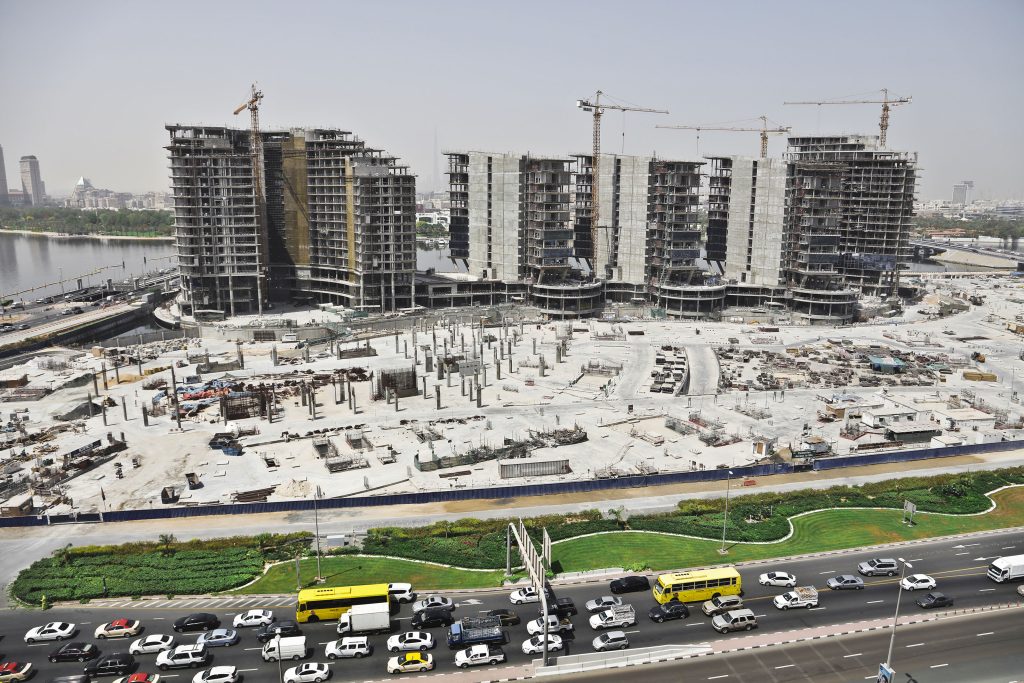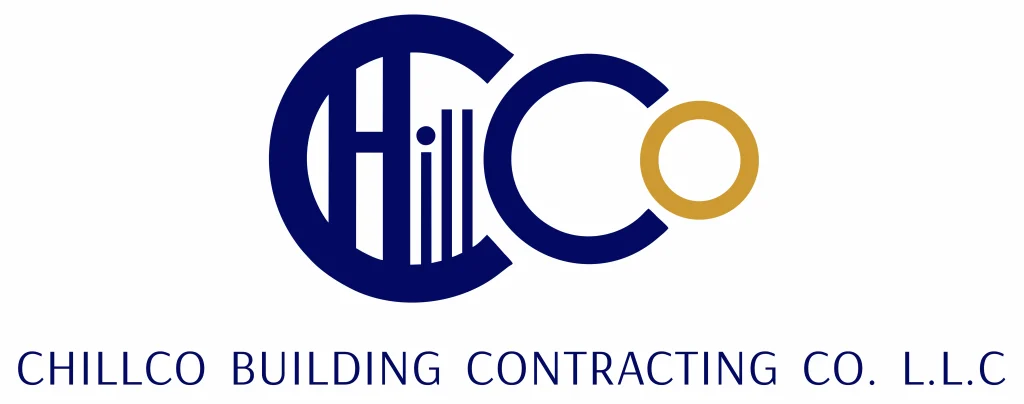
In most parts of the world, a construction project is a race against time. In Dubai, it’s a race and a spotlight performance. Everyone’s watching — clients, consultants, neighbors, even social media. And when the stakes are high, the pressure to deliver is even higher.
From the outside, Dubai’s construction industry looks like a well-oiled machine: glossy handovers, towering cranes, organized chaos. But from the inside? It’s a relentless pace, daily coordination, and constant adaptation. Projects succeed not because they’re easy — but because teams learn how to move fast, think faster, and stay sharp under pressure.
1. Timelines Aren’t Just Tight — They’re Unforgiving
In most cities, a “tight deadline” means a bit of negotiation. In Dubai, it’s an expectation.
Whether it’s a private villa for a VIP client or a commercial space that needs to open before a seasonal rush, timelines here are non-negotiable. Contractors aren’t just asked to finish quickly — they’re expected to hand over ahead of time, with no excuses.
What keeps successful companies ahead? Proactive planning, 6:00 a.m. site starts, and clear communication. If you wait for something to become a problem, you’ve already lost a week.
2. Everyone Is Accountable — Not Just the Project Manager
In Dubai, clients often know exactly what they want — and they expect your entire team to know it too.
That means everyone on your site — from the site engineer to the MEP supervisor — must be aligned. There’s no room for blame games or disconnects between departments. Clients ask questions directly. Consultants call you out on miscommunication. Approvals get delayed over a missed technicality.
The best-performing teams treat every role — from junior QS to logistics — like it’s mission-critical. Because here, it truly is.
3. One Approval Can Stall an Entire Week
If you’ve built in Dubai, you know that paperwork isn’t just part of the job — it is the job. Dubai Municipality, DEWA, DCD, Trakhees, Nakheel, RTA — every authority has its own rules, timelines, and submission process.
Get it right, and you move forward. Miss one detail, and you lose a week.
Smart contractors have dedicated staff who deal with approvals full-time. They build relationships with reviewers. They double-check every submission. And they never assume that “resubmission” means “soon.”
4. Leadership Is Earned on Site, Not in the Office
A polished presentation or site progress report looks great in the boardroom. But in the field, leadership is earned through presence, responsiveness, and decision-making.
If a concrete pump breaks mid-pour, your site team isn’t calling HQ — they’re looking at the person in charge right now. That’s why strong project engineers and site managers are the backbone of Dubai’s top contracting firms.
Leadership in construction isn’t about talking — it’s about showing up, making decisions under pressure, and staying calm when the job starts to fray at the edges.
5. Safety Isn’t a Slogan — It’s Daily Discipline
In a city with soaring temperatures, tower cranes, deep excavation, and high-rise activity, safety is a serious concern. But the real test isn’t your documentation — it’s what your team does on the fourth week of a long job, when fatigue sets in.
Successful companies enforce safety not just with signage, but with habit. Daily toolbox talks. Regular spot checks. PPE enforcement without exception. Because a single lapse can shut down an entire jobsite — and worse, cost a life.
And in Dubai, clients and authorities are increasingly unforgiving about safety. As they should be.
6. The Finish Is What People Remember
You can build 90% of a project perfectly, but if the final 10% — the finishings, the commissioning, the snag rectification — is rushed or sloppy, that’s what your client will remember.
Dubai clients are detail-drive They’ll notice uneven grout lines. Misaligned doors. Inconsistent lighting temperatures. For them, the build isn’t “done” until every detail feels five-star.
The most trusted contractors in the city treat the closeout as a phase of its own. They plan handovers weeks in advance, start snagging early, and walk through every area like it’s a showroom. Because in the end, your next job depends on your last impression.
7. Adaptability Is the Unwritten Requirement
Drawings will change. Clients will upgrade materials halfway through. Authorities will issue new rules mid-project. And you’re expected to adapt — without missing a beat.
Dubai’s construction scene moves fast. What wins here isn’t rigidity — it’s flexibility. The ability to pivot, redesign, reorder, re-sequence — and still meet the handover deadline.
That’s what makes a builder successful in this city: calm under chaos, control under pressure, and consistency when everything around you is shifting.
Building in Dubai isn’t just about construction — it’s about character. It’s about running your site like a clock, solving problems before they reach your client, and leading teams that perform like professionals, day after day. In a city where every build is under a microscope, there’s no room for shortcuts — only execution. At the end of the day, the companies that thrive here aren’t the flashiest. They’re the ones who deliver. Quietly. Confidently. And consistently.
That’s the Dubai way — and that’s the standard we build to.
